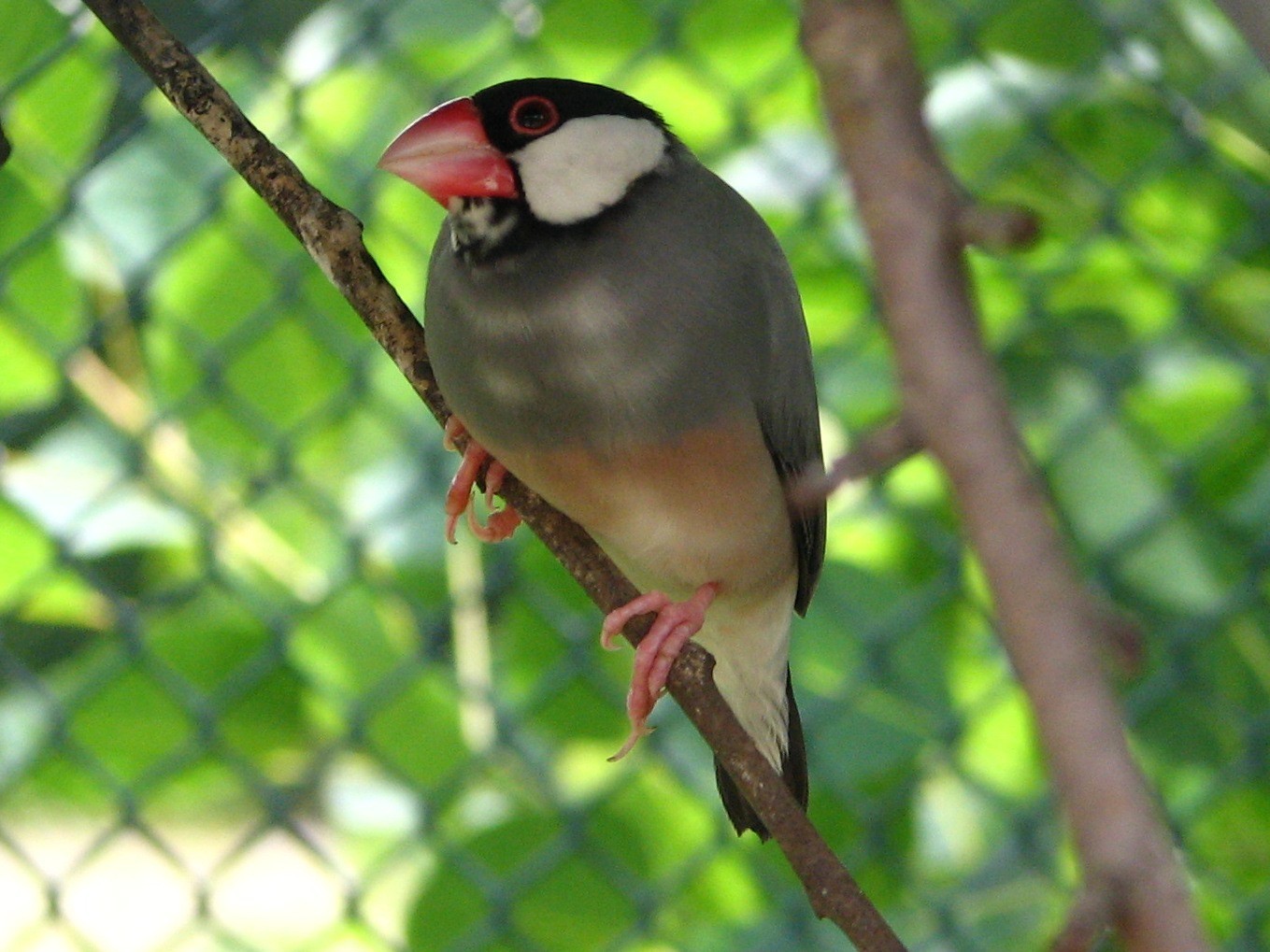Popular Reads
Top Results
Can't find what you're looking for?
View all search resultsPopular Reads
Top Results
Can't find what you're looking for?
View all search resultsLove of winged pets threaten survival of songbirds
Illegal harvest of wild birds to meet demands of local caged bird for pets continues to decline populations of all three species.
Change text size
Gift Premium Articles
to Anyone
I
n July 2018, Indonesia’s Forestry and Environment Ministry updated the national list of protected species, for the first time in 19 years. It now lists 562 bird species as protected, including many species popular in the songbird trade that were previously unlisted. This newly revised list was greeted as a victory by conservationists.
However, this celebration was premature; as in early September 2018, less than two months after the new list was issued, the above Ministry approved to remove three of the threatened bird species off the list, all of which are of very high conservation concern.
The straw-headed bulbul (local name: cucak rawa), the Javan pied starling (jalak suren), and the white-rumped shama (kucica hutan), would be stripped of their newly acquired, and much needed, protection status. Illegal harvest of wild birds to meet demands of local caged bird for pets continues to decline populations of all three species.
Wild populations of the straw-headed bulbul is all but extinct in Indonesia; it is assessed by theRed List of Threatened Species of the International Union for Conservation of Nature (IUCN) as endangered, with far fewer than 2,500 individuals left in the wild. Both the Javan pied starling and the white-rumped shama are also in serious decline in Indonesia. The Javan pied starling is thought to be extinct already in the wild, and is in dire need for conservation action to restore its population. Finally, the white-rumped shama has become so scarce that these once very common birds are scarcely found in Indonesia’s forests. Poachers are even smuggling birds into Indonesia from Thailand and Malaysia to meet the insatiable demand for this bird and its melodious song.
Despite ample evidence highlighting the decline of the three species in the wild due to illegal and unsustainable trade, the mnistry has ruled in favor of the bird traders and bird keepers and is set to revoke the much-needed legal protection.
Hobbyists and traders called to remove these species claiming their livelihoods would be affected and that the birds were bred in captivity, therefore not a conservation concern. However, are these reasons enough to justify removal of species with high conservation concern?
First, regarding claims of captive breeding and the effect towards livelihood, the ministry has clearly stated that the bird species listed as protected are wild populations, therefore, ideally, if songbird owners and vendors are sustainableand are not contributing to the decline of wild populations, as they claim to be, there should not be any concern. Rather, this may even create opportunities where they can work with the government in establishing a legal and sustainable livelihood that can contribute to the conservation and protection of wild populations. However, scientific evidence shows the opposite of those claims, that populations of all three species continue to decline in the wild as a result of trapping for trade and pet keeping.
Second, the ministry has even stated that birds caught in the wild which were privately owned prior to the revised list, will not be affected by the law. Thus the government provides space for hobbyists and traders to transition from wild-caught birds to legally obtained ones, allowing existing birds in the market to continue to be traded, and preventing sudden loss of income. This leeway has very much accommodated the needs of both hobbyists and traders.
Despite all these provisions such groupscontinue to demand removal of species from the protected list, with even two more species being considered for removal by the government. The hobbyists and traders hope removal of species from the list will then remove legal implications associated with keeping or selling the species, to provide, again, space to perform business as usual prior to the law revision.
Business as usual has been identified as illegal, posing an enormous threat against the wild populations of all these three species. Granting the removal of the species from the protected list will continue to drive illegal practices and provide no chance for these birds to thrive; it will drive the birds to extinction.
After years of conservation advocacy, and severe declinein populations of wild birds, 19 years after its initial release the list of protected species appears weaker than expected and does not appear to be based on science or evidence. Furthermore, the government clearly bows to social and economic pressure rather than environmental concerns, as the traders and hobbyists lobby have a far stronger voice than that of conservationists. We can only hope that when the day comes where the state of Indonesia’s wildlife and ecosystem stability becomes a priority over popularity of keeping a species as a pet, it won’t be too late.
***
The writer is the education and research director of FLIGHT, currently pursuing her PhD at Queensland University of Technology, Australia, on possible conservation solutions to Indonesia’s songbird crisis. FLIGHT is a new NGO focusing on stopping the illegal trade of Indonesia’s songbirds through raising awareness, education and monitoring of the trade.










